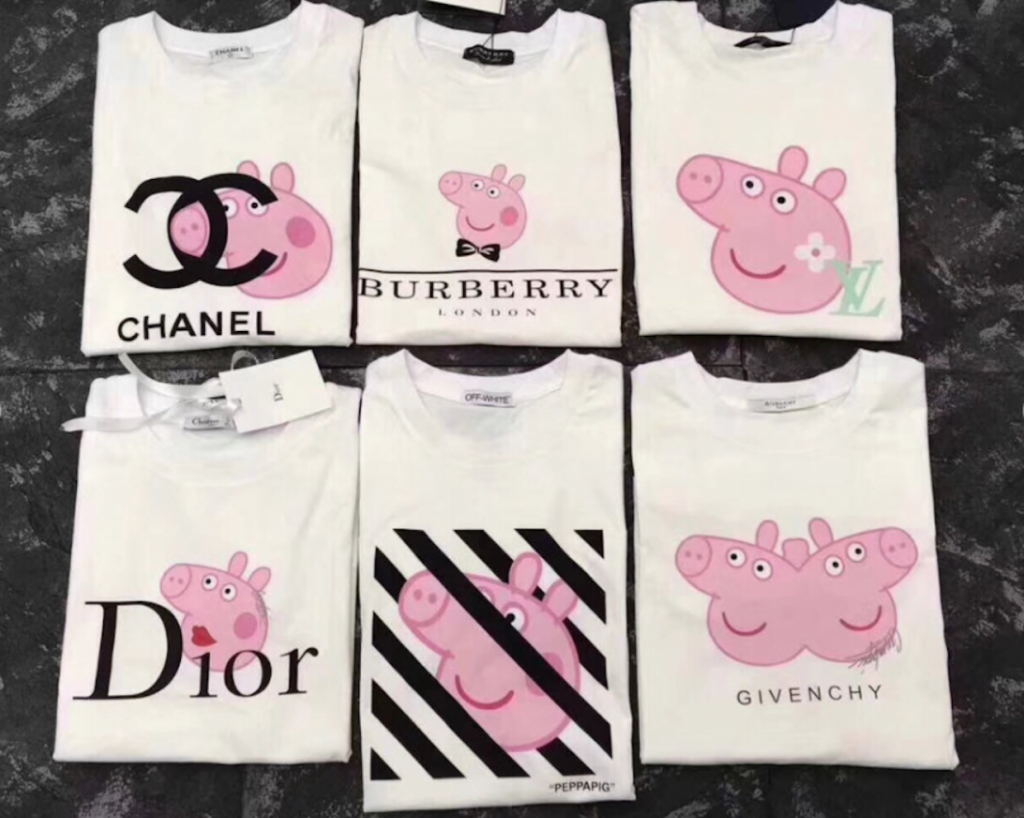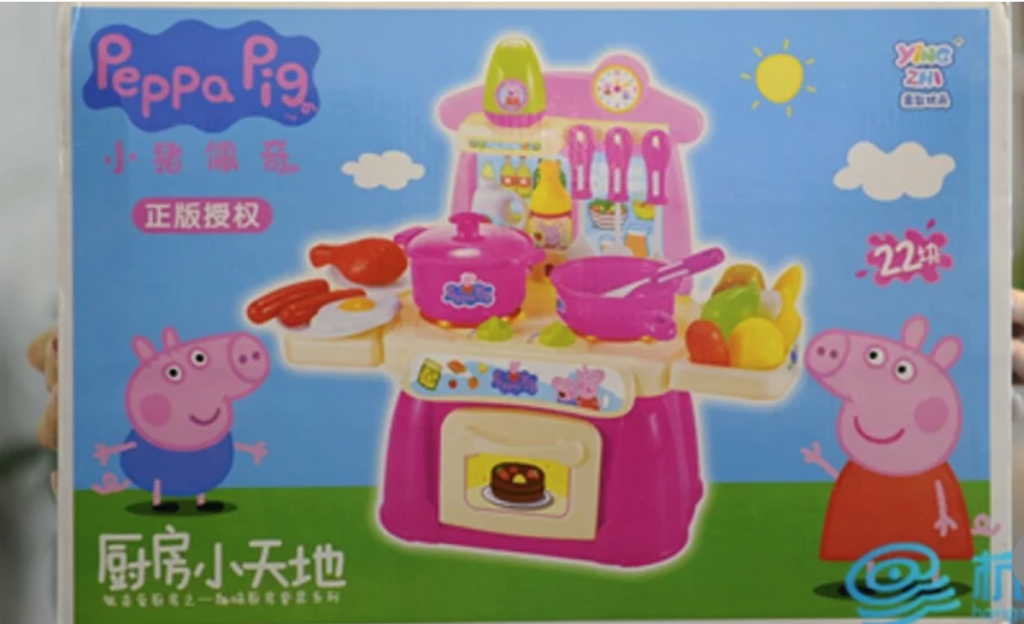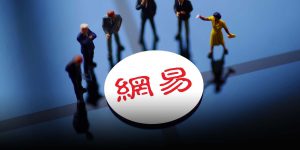A UK cartoon character is growing wildly popular in China that even becomes the target of counterfeiters, which has received endorsements from celebrities.
In China, fashion houses pay celebrities and influencers huge sums to wear their clothing and sport their logos. So when stars like Angelababy (brand ambassador for Dior) and Yang Mi (brand ambassador for Michael Kors) give one brand free advertising by wearing its T-shirts and watches on the street, it’s news.
It’s also adorable, since the logo in question is of a cute cartoon pig. Meet, if you haven’t already, Peppa Pig, a cartoon character responsible for $1 billion in annual merchandise sales. In 2017, its authorized and merchandise sales revenue in China alone increased by more than 700 percent year-on-year, according to the financial report of Peppa Pig’s IP owner, the U.K.’s Entertainment One.
The Peppa Pig market, with 800 global licenses, is so lucrative it has spurred counterfeiters in China, some that entwine the pig with brand logos from Diorand Supreme (Angelababy sported a faux Peppa Pig Gucci T-shirt). Earlier this month, many vendors from the online Chinese shopping site Taobao jumped onthe sensation as bootleg copies of Peppa-related material tied to an upcoming feature film started popping up for sale, including a range of unlicensed T-shirts, bags, etc.

The Peppa Pig market, with 800 global licenses, is so lucrative it has spurred counterfeiters in China, some that entwine the pig with brand logos from Dior and Supreme. Photo: Little Red Book/Ice
How did a British cartoon character for little kids become so incredibly popular with fashionable adults in China — and how popular is it? Insanely. A WeChat video “What’s Peppa Pig,” an ad for a movie opening Feb. 5 in China, debuted earlier this month and garnered 835 million views in its first week on the social media site.
Peppa Pig cartoons debuted in Britain in 2004 but weren’t introduced in China until 2015, where she became controversial with parents because the two-year-old porcine is bratty, disrespectful to her elders and comes from a well-off family. Her resulting popularity among young adults in China — particularly as a tattoo — prompted state authorities to crack down on the proliferation of Peppa as an anti-establishment icon.
The Global Times, a popular tabloid in China, wrote that those who associate themselves with Peppa should be considered “unruly slackers roaming around, and the antithesis of the young generation the Communist party tries to cultivate.”
But despite the state’s best attempts, Peppa’s popularity only seems to have gained momentum in China. Now, underground “Peppa fashion” is even being integrated into the emerging arena of Chinese hip-hop. Counterfeit streetwear Peppa fashion will likely thrive in this element as much as it has with high-profile KOLs and small-time provocateurs. Peppa’s market — both licensed and unlicensed — will only continue to surge.
So far, the company apparently hasn’t filed suit against counterfeit Peppa Pig clothes, but it did bring an action over children’s toys, which it won.
– This article originally appeared on Jing Daily.







